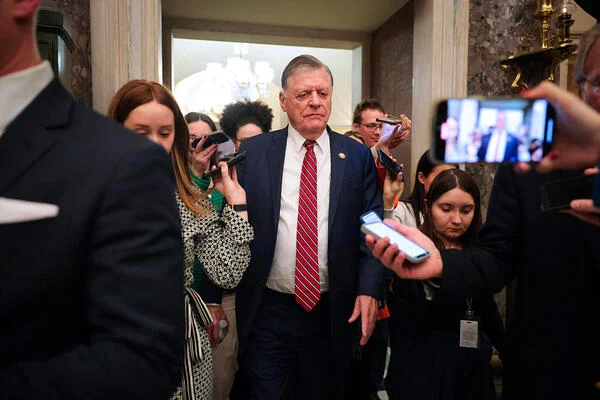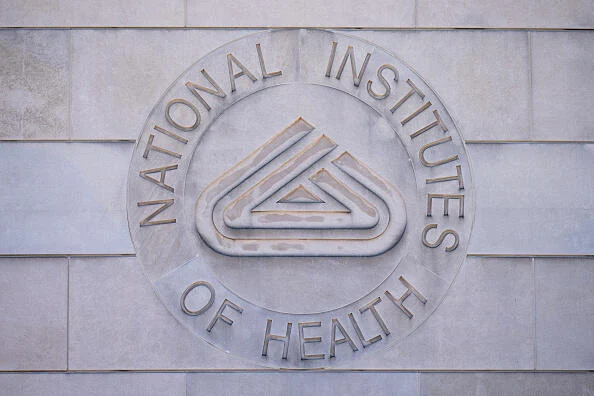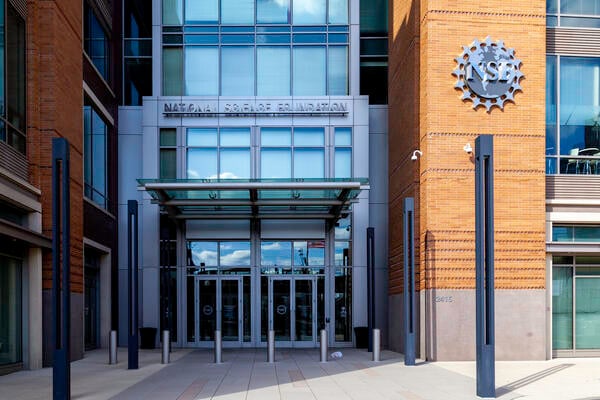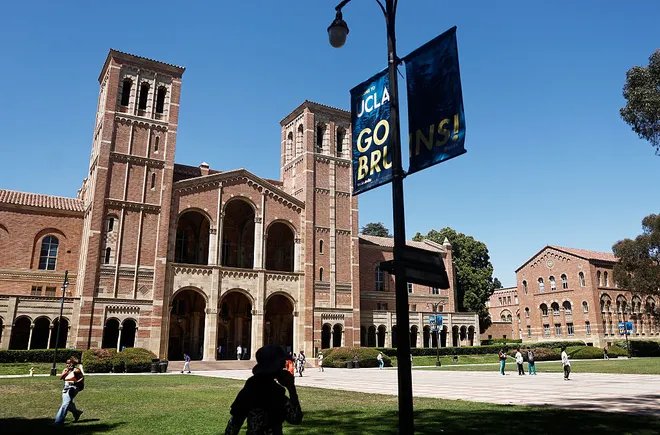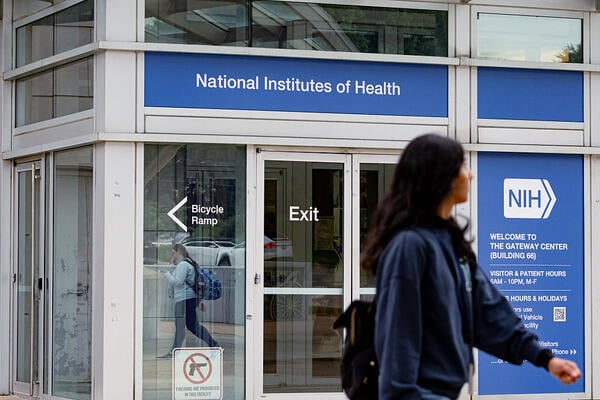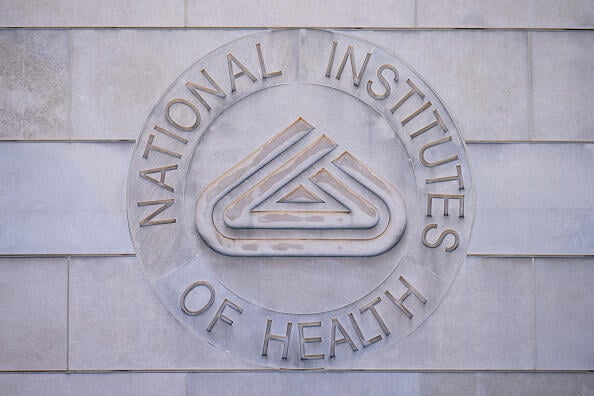The House and Senate appropriations committees have jointly proposed legislation that would generally maintain the Education Department’s funding levels, plus increase the National Institutes of Health’s budget by more than $400 million this fiscal year. It’s the latest in a trend of bipartisan Congressional rebukes of President Trump’s call to slash agencies that support higher ed.
For the current fiscal year, Trump had asked Congress to cut the NIH by 40 percent and subtract $12 billion from ED’s budget. The president proposed eliminating multiple ED programs, including TRIO, GEAR UP and the Supplemental Educational Opportunity Grant program, which all help low-income students attend college. He also proposed reducing the ED Office for Civil Rights budget by over a third.
But the proposed funding package senators and representatives released this week maintains funding for all of those programs.
“We were surprised to see the level of funding for the higher education programs actually be increased, in some regards—and be maintained,” said Emmanual Guillory, senior director of government relations at the American Council on Education. “We knew that level funding would be considered a win in this political environment.”
This latest set of appropriations bills is the final batch that Congress must approve to avert another government shutdown at the end of the month. Democrats have said passing actual appropriations bills, as opposed to another continuing resolution, is key to ensuring that federal agencies spend money as Congress wants.
Joanne Padrón Carney, chief government relations officer for the American Association for the Advancement of Science, told Inside Higher Ed that the NIH budget increase is essentially “flat funding,” considering inflation. But she said “this appropriations package once again demonstrates Congressional, bipartisan support for research and development and the importance of these investments, as well as rejecting the administration’s very dramatic cuts.”
Earlier this month, Congress largely rejected Trump’s massive proposed cuts to the National Science Foundation, the National Aeronautics and Space Administration, and the Energy Department, three significant higher ed research funders. These developments are adding up to a more encouraging 2026 funding picture for research and programs that support postsecondary students.
But Congress has just 10 days to pass this new funding package, and Trump must still sign both packages into law. A government shutdown will begin after Jan. 30 for those agencies without approved appropriations legislation.
Guillory noted that—despite the Justice Department declaring last month that minority-serving institution programs are unlawful because they “effectively [employ] a racial quota by limiting institutional eligibility to schools with a certain racial composition”—Congress still proposed funding these programs.
“Pretty much every single program that is a minority-serving institution program received an increase in funding,” he said.
The appropriators also want to send another roughly $790 million to the Institute of Education Sciences, compared to the $261 million Trump requested. Last year, his administration gutted IES, the federal government’s central education data collection and research funding agency. But, like the broader Education Department, laws passed by Congress continue to require it to exist.
Beyond the appropriations numbers, the proposed legislation to fund the NIH would also prevent the federal government from capping indirect research cost reimbursement rates for NIH grants at 15 percent, as the Trump administration has unsuccessfully tried to do. Indirect cost rates, which individual institutions have historically negotiated with the federal government, pay for research expenses that are difficult to pin to any single project, such as lab costs and patient safety.
The appropriations committees released an explanatory statement alongside the legislation that says “neither NIH, nor any other department or agency, may develop or implement any policy, guidance, or rule” that would change how “negotiated indirect cost rates have been implemented and applied under NIH regulations, as those regulations were in effect during the third quarter of fiscal year 2017.”
GOP members of the House Appropriations Committee didn’t say they were bucking the president in their news release on the proposal. Instead, they said the legislation demonstrates “the will of the American people who mandated new priorities and accountability in government, including priorities to ‘Make America Healthy Again’ and ‘Make America Skilled Again.’”
“Investments are directed to where they matter most: into lifesaving biomedical research and resilient medical supply chains, classrooms and training that prepare the next generation for success, and rural hospitals and primary care to end the chronic disease epidemic,” the release said.
Democrats claimed victory for Congress.
“This latest funding package continues Congress’s forceful rejection of extreme cuts to federal programs proposed by the Trump Administration,” said Rep. Rosa DeLauro, the top Democrat on the House Appropriations Committee, in a release.
“Where the White House attempted to eliminate entire programs, we chose to increase their funding,” DeLauro said. “Where the Administration proposed slashing resources, we chose to sustain funding at current levels. Where President Trump and Budget Director Russ Vought sought broad discretion over federal spending, Congress, on a bipartisan, bicameral basis, chose to reassert its power of the purse.”
Carney says she thinks passage is “highly likely.”
“Ostensibly, what they call the ‘four corners’—the chair and ranking members from both chambers and both parties—have come to this agreement on this package,” she said. So, barring “last-minute surprises,” she said, “it should be relatively smooth sailing.”
Rep. Tom Cole, the Republican chair of the House appropriations committee, urged his fellow lawmakers to pass the legislation.
“At a time when many believed completing the FY26 process was out of reach, we’ve shown that challenges are opportunities,” Cole said in a statement. “It’s time to get it across the finish line.”

